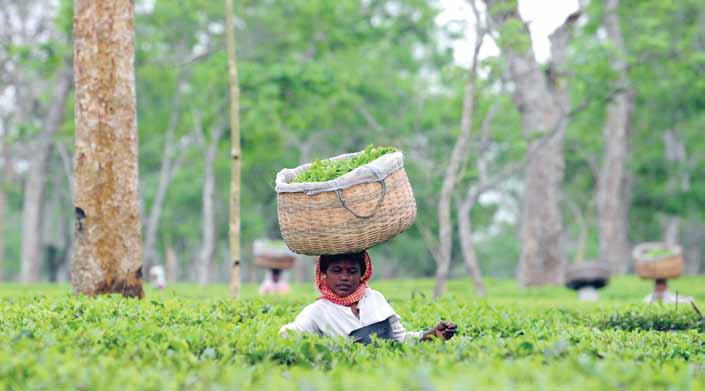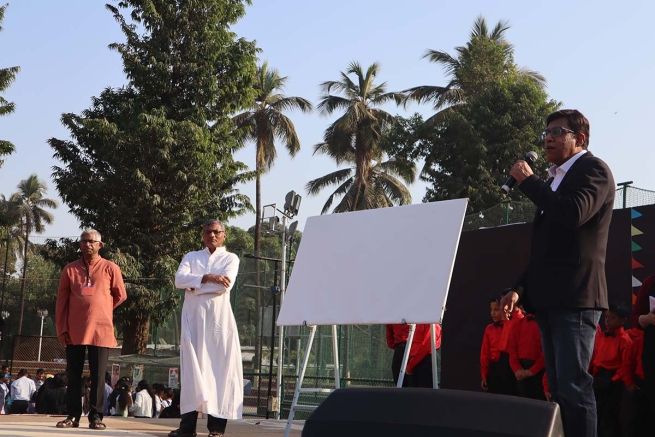INDIA: More Than 700 Tea Laborers Have Started Their Own Tea Gardens, Escaping Poverty

(MissionNewswire) With more than 1.2 billion people, India has the world’s fourth largest economy and according to UNICEF, is home to one-third of the world’s poor. Close to 217 million of India’s poor are children. Although more than 53 million people escaped poverty between 2005 and 2010, most remain vulnerable to falling back below the poverty line.
Lack of educational opportunities in India are often due to issues of caste, class and gender and with 44 percent of the workforce illiterate, there is much work to be done. Less than 10 percent of the working-age population has completed a secondary education and too many secondary graduates do not have the knowledge and skills to compete in today’s changing job market.
India is one of the largest tea producers in the world with close to 70 percent of its tea consumed within India itself. The Indian tea industry has grown to own many global tea brands and has evolved into one of the most technologically equipped tea industries in the world. The districts of Golaghat, Sibsagar, Dibrugarh and Tinsukia in the Indian state of Assam, in the northeastern region of the country, have a large number of tea estates.
The tea gardens are tended to by laborers who despite working long hours, often do not make enough wages to meet their basic needs or escape poverty.
Many tea laborers own their own small parcels of land but, for various reasons, leave the land uncultivated while they leave home to work at larger tea estates. In times of financial crisis, they are often forced to mortgage their land for small loans and when they are unable to repay the loans, the land is forfeited. Salesians in India, aware of this difficult situation, are working to provide opportunities for tea laborers to break the cycle of poverty.
The Bosco Tea Project, funded by AIDA, the development wing of the Dimapur Province of the Salesians of Don Bosco, was developed in 2008 to help tea garden laborers in Assam. Beginning with just one sponsor, the project was able to help 50 families. Today, with the support of five sponsors, the project is helping more than 700 families.
The goal of the project is to help tea laborers begin to cultivate their own land, giving them an opportunity to become owners of their own small tea gardens and develop a long-term sustainable income. Through the project, many former laborers have developed stronger self-confidence and a renewed sense of dignity.
“I received 1,900 saplings in 2008-2009 and planted them. Close to 1,400 survived. In 2013, I harvested 960 kgs of leaves, worth around 18,000 rupee, sufficient for my daily needs like vegetables for the family and school supplies for my son’s studies,” says Lawrence Kerketta, a project recipient in Golaghat, Assam. “This project has been a great help. I could not have afforded the initial investment but Don Bosco motivated me to have my own tea garden instead of only working in someone else’s garden. Because of their assistance, I will be able to expand my garden and encourage others to start gardens of their own.”
Through the project, tea laborers are provided start-up assistance either through financial resources or through the donation of tea saplings. Laborers are also taught business and technical skills relating to the tea market and, capitalizing on their years of working on larger tea estates, they are able to develop a sustainable income to help them escape poverty.
“AIDA has worked a miracle. I received 3800 tea saplings in 2008-2009. Today I get around 50 kgs of green leaves every week,” says Mathias Soreng, another recipient in Golaghat, Assam. “Earlier I depended on money lenders for credit for my household expenses, and I never had money in my pocket. Today, I have cleared my debts and there’s money in my pocket, thanks to AIDA.”
###
Sources:
UNICEF – India
Salesian Missions – India




